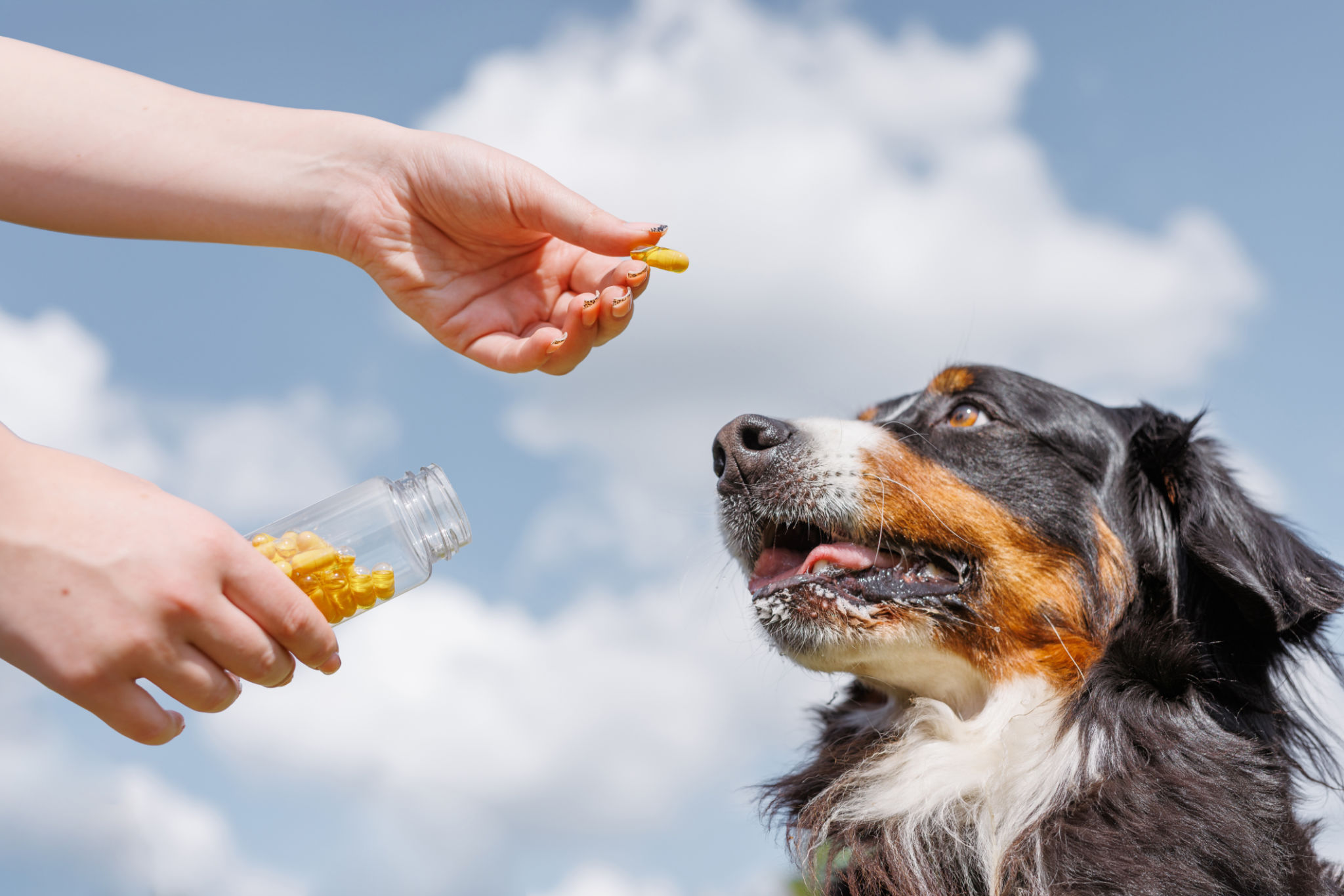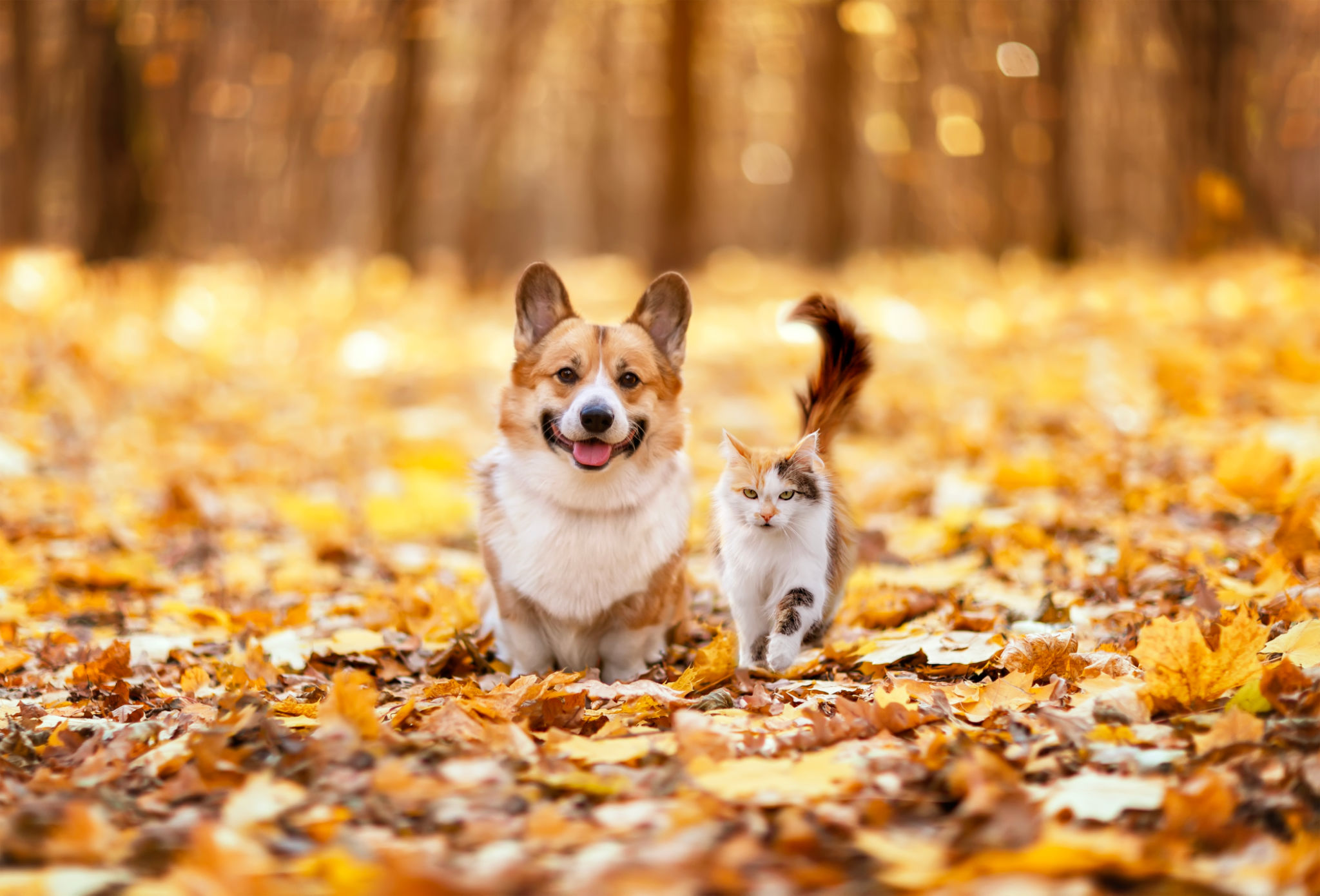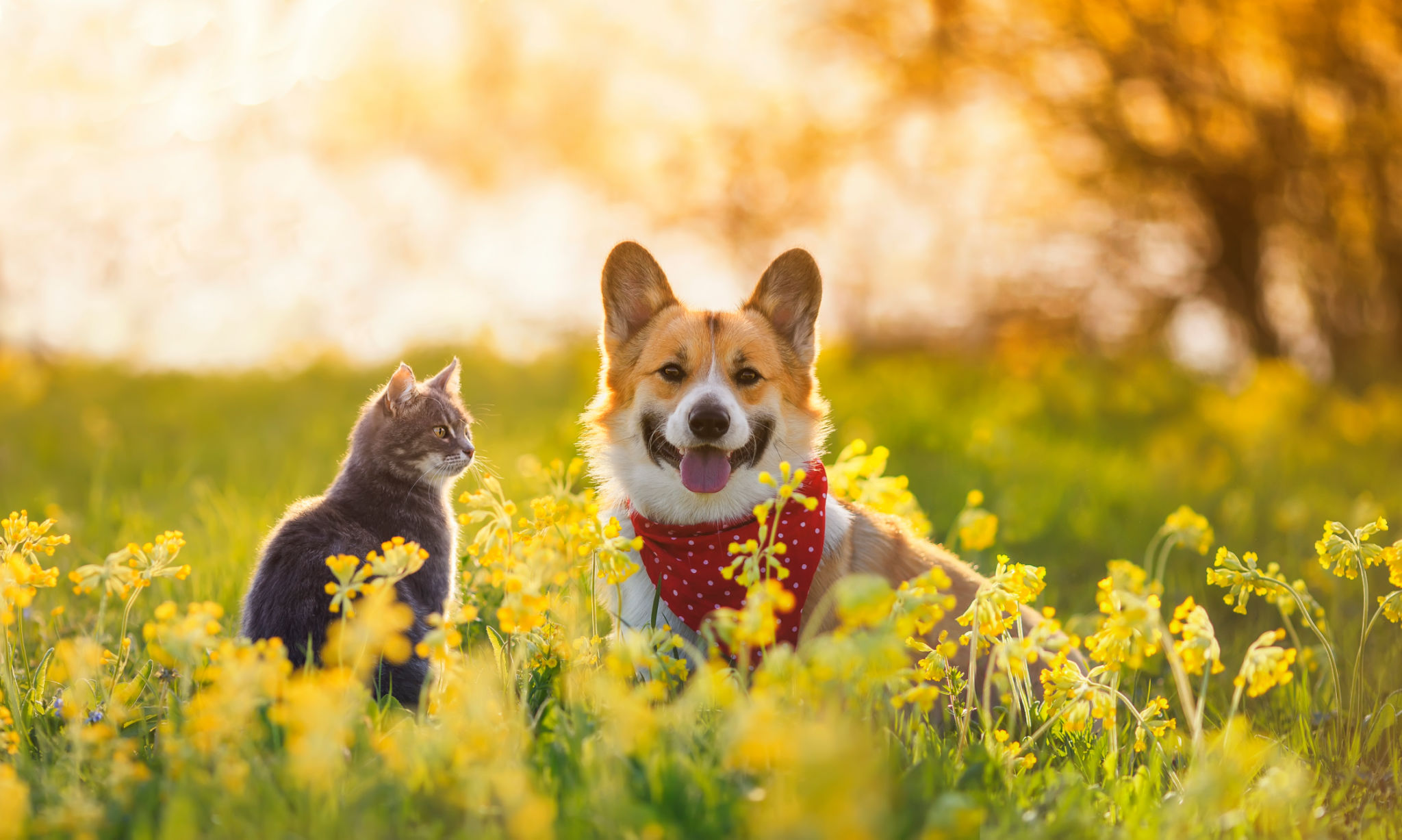Seasonal Pet Sitting Needs: How to Ensure Your Pet's Comfort Year-Round
Understanding Seasonal Pet Sitting Needs
As the seasons change, so do the needs of our beloved pets. Ensuring their comfort and safety throughout the year is essential, especially when you're relying on a pet sitter to care for them in your absence. Whether it's the scorching heat of summer or the chilly winds of winter, each season brings unique challenges and considerations for pet sitters.

Preparing for Summer
Summer is a season of warmth and sunshine, but it can also pose risks like heatstroke and dehydration for pets. When arranging pet sitting during summer, it's crucial to ensure that your sitter knows how to keep your pet cool and hydrated. This includes providing plenty of water, ensuring shaded areas outdoors, and avoiding walks during peak heat hours.
Additionally, consider any special grooming needs your pet may have. Long-haired breeds might benefit from a trim to stay cool, while short-haired pets may need sunscreen for protection against UV rays. Keep in mind that hot pavement can burn paws, so educating your sitter on safe walking practices is vital.
Adapting to Autumn
Autumn is a beautiful time of year, but it also means an increase in fallen leaves and cooler temperatures. Ensure your pet sitter is aware of any potential allergens that might affect your pet's health during this season. Regular grooming and cleaning can help reduce exposure to these allergens.
It's also a good idea to check that your outdoor spaces are safe for pets. Fallen leaves can conceal hazards like sharp objects or holes in the ground. Communicate any safety concerns with your sitter and make sure they're equipped to handle them.

Winter Care Essentials
Winter brings its own set of challenges, from icy sidewalks to frigid temperatures. Your pet sitter should be prepared to protect your pet from the cold by providing warm bedding and possibly even pet-friendly clothing for certain breeds. It's important to ensure that your sitter knows how to identify signs of hypothermia or frostbite.
Keep in mind that winter also means shorter daylight hours. If your pet enjoys outdoor exercise, make sure their routine adjusts accordingly with safe, well-lit areas for walking.
Springtime Adjustments
Spring is a time of renewal, but it also introduces new allergens and pests. Discuss with your sitter any known allergies your pet may have and how to manage them effectively. Also, ensure that flea and tick prevention measures are up-to-date as these pests become more active.
Spring showers can lead to muddy paws and wet fur. Make sure your sitter is prepared with towels and grooming supplies to keep your home clean and your pet comfortable.

Year-Round Communication
Regardless of the season, effective communication with your pet sitter is key. Provide detailed instructions about your pet's unique needs and preferences. Keep emergency contact information handy and ensure your sitter knows who to contact if any issues arise.
A good pet sitter will appreciate regular updates about your pet's health and behavior changes, allowing them to provide the best possible care year-round. This partnership will ensure both you and your pet enjoy peace of mind no matter the season.
